|
Chewy, soft, slightly tangy, mildly sweet and aromatic, a crusty loaf of sourdough bread made in a time-honoured tradition is a labour of craftsmanship, and an object of beauty, with a depth of flavour unachievable in yeast breads, commercially or homemade. What is Sourdough? Sourdough is a North American term for a natural leaven of wild yeast and a bacteria called Lactobacilli, which is baked without the use of commercial yeast. The word sourdough does not necessarily mean your bread will taste sour. It refers to the fermentation process of water and flour in a culture called a starter or levain. Real sourdough is a simple method of leavening practised around the world throughout history. From Ethiopia’s Injera sourdough spongy flatbread made of teff, to Finnish rye bread, and India’s steamed lentil or rice cakes called Idlis, sourdough has been consumed around the world. What is a Sourdough Starter? It is a ferment of wild/natural yeasts and lactobacilli acid bacteria (LAB) in a medium flour and liquid, such as water, which is propagated through ongoing feedings of flour and liquid. When flour is combined with water, microorganisms living on the grains begin to digest the starches and sugars in the flour, producing carbon dioxide, alcohol and enzymatic activity. The ongoing feedings are needed to keep the culture alive, like a newborn baby who is totally dependent on you. What are the Health Benefits of Eating Sourdough Bread? Sourdough is highly digestible and more nutritious than commercial yeast breads. Fermentation produces lactic acids which make the vitamins and minerals in the grains more readily absorbed in the body by neutralising the phytates in the flour which interfere with absorption. The principle storage of phosphorus, such as those found in the bran of wheat is called phytic acid. This phytic acid inhibits enzymes which are needed for the breakdown of proteins and starch in the stomach. It’s the lack of enzymes that results in digestive difficulties. The wild yeast and lactobacillus in the leaven neutralise the phytic acid as it proofs and acidifies the dough, which makes it easier to digest. The phytic acid is a strong chelator (binder) of minerals, such as calcium, magnesium, iron and zinc, making these important minerals unavailable to us, causing deficiencies. Long slow fermentation of wheat can reduce phytates by 25%-90%. Slow fermentation also increases folate levels in sourdough breads. The acids also slow down the rate at which glucose is released into the bloodstream and lowers the bread’s glycaemic index. That also renders the gluten in flour more digestible, and less likely to cause food intolerance. Rye sourdough bread is especially good for regulating blood sugar levels. Note: The probiotics in sourdough bread is killed off during baking. Remember, they are living microorganisms, and heat will kill them off. However, there are studies suggesting heat-killed probiotics may be beneficial in other ways, such as miso soup. In any case, there are other health benefits associated with sourdough. The long slow fermentation stage also deepens the flavour, and improves the texture of the bread. Different grains enhance the flavour profile of the breads, while promoting a higher consumption of fibre and nutrition. Sourdough bread is commonly made without any sweeteners or oils, although you may enhance the flavour of sourdough bread with sweeteners, oils, and other flavourings. It contains mainly flour and water, with a pinch of salt. It stays fresher longer than factory loaves without added preservatives. To make your own sourdough starter, check out The Birth of a Healthy Sourdough Starter or if you would like to purchase sourdough starter, click here. Comments are closed.
|
AuthorRachel conducts gardening, culinary and fermenting workshops/retreats at her home on 100 acres in Northern Ontario, Canada, where she lives in creative harmony with nature. Rachel’s mission is to ensure the wisdom of our ancestors is preserved for future generations. Archives
July 2020
Categories
All
Images ©2002-2023 Rachel Thoo |
Site powered by Weebly. Managed by Web Hosting Canada
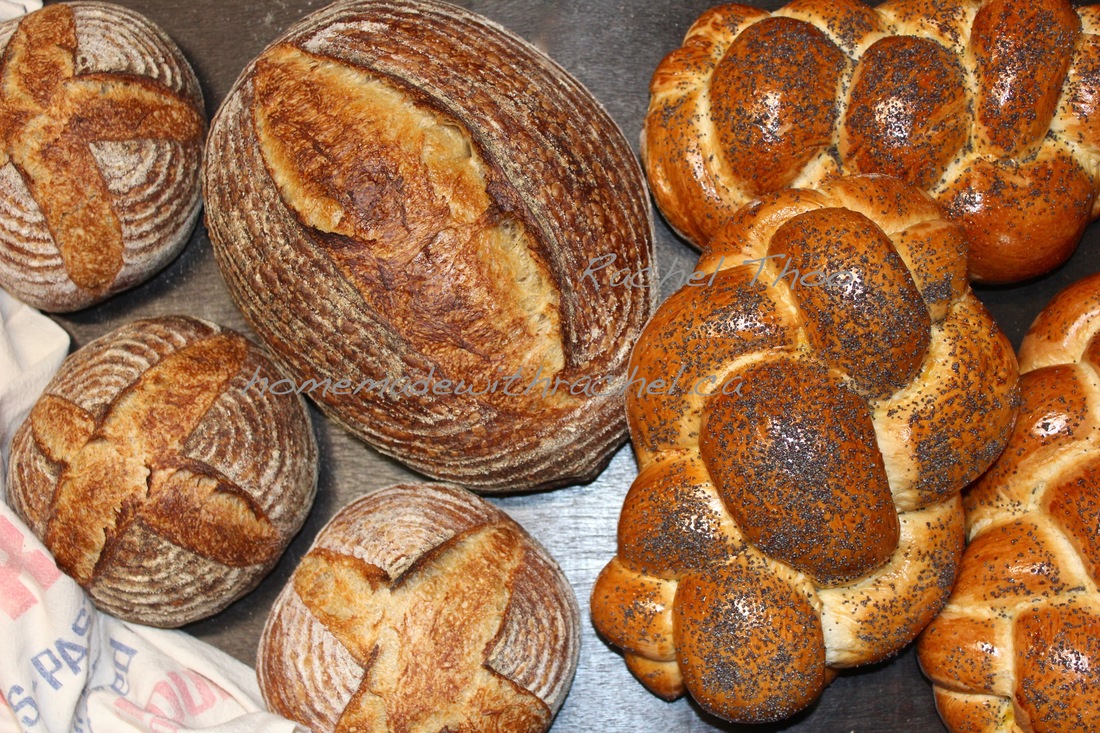
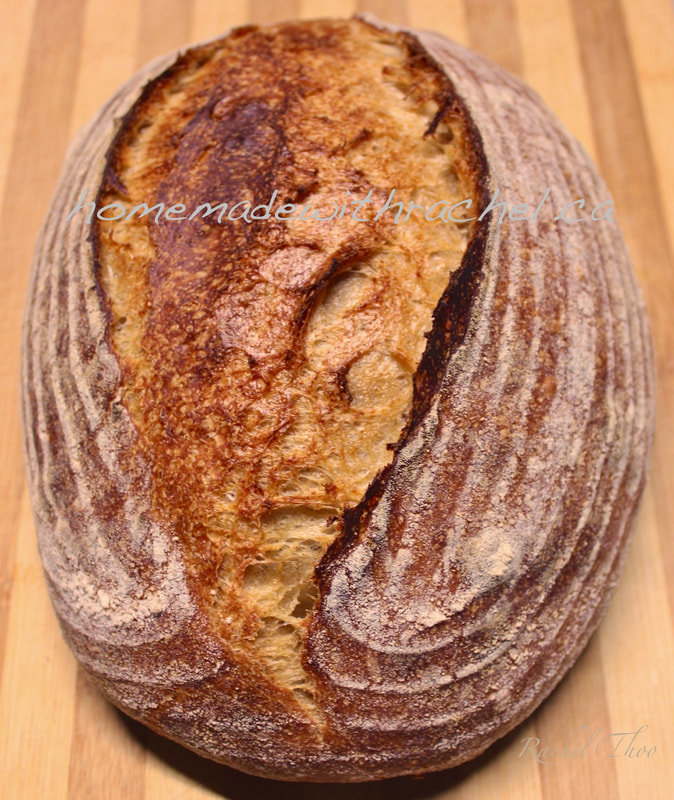
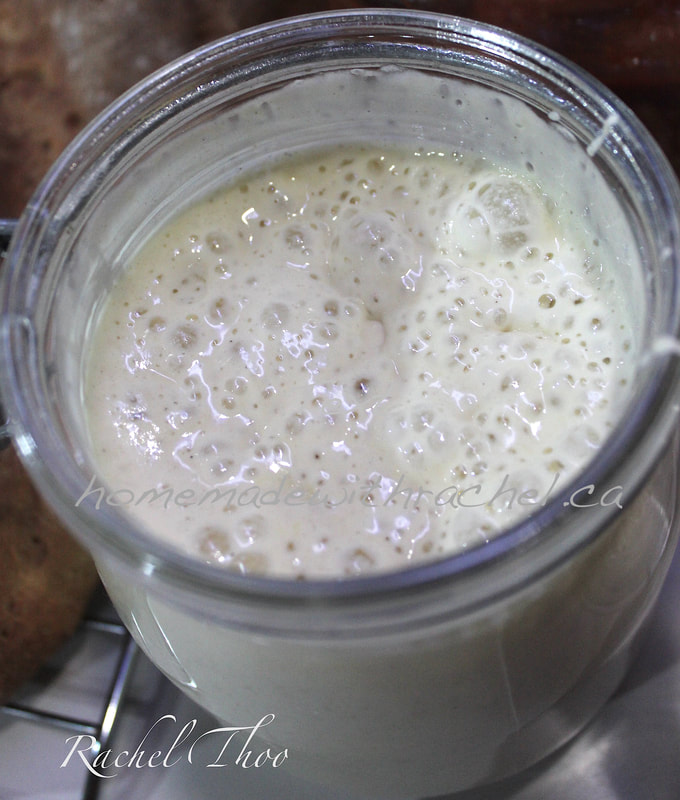
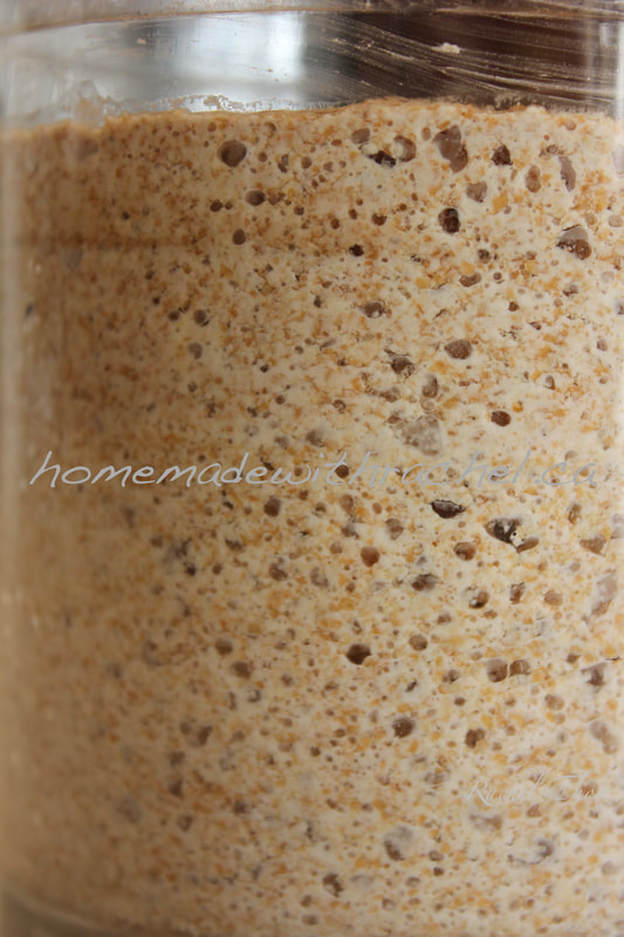
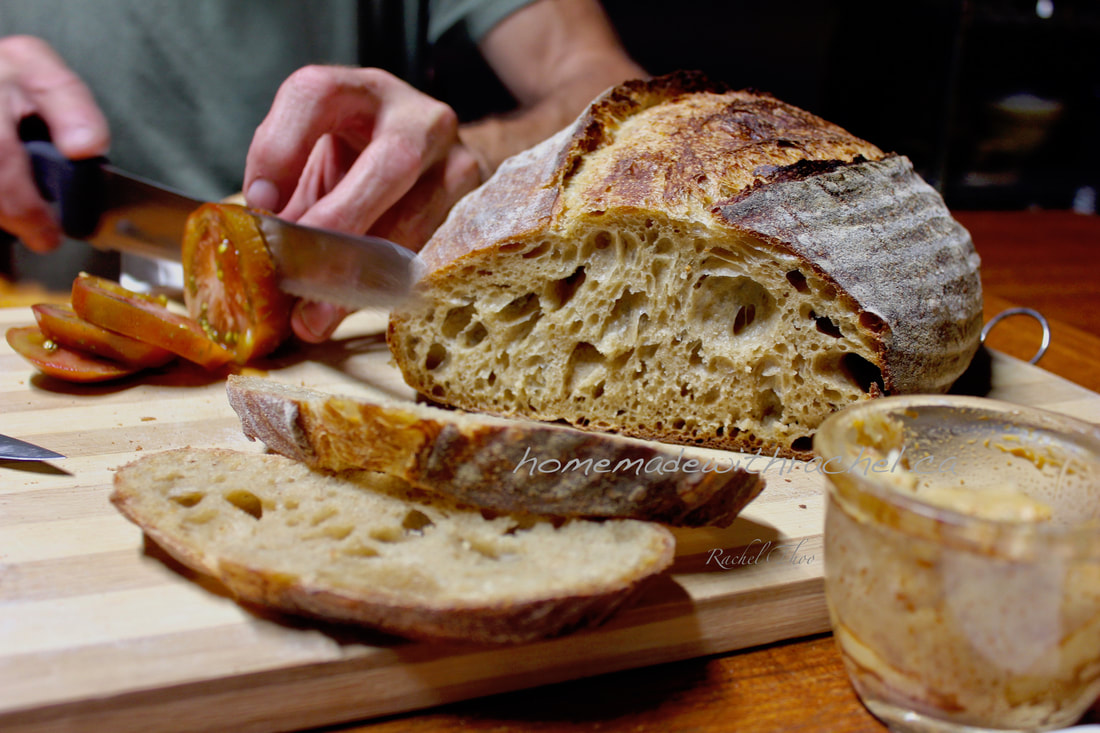
 RSS Feed
RSS Feed